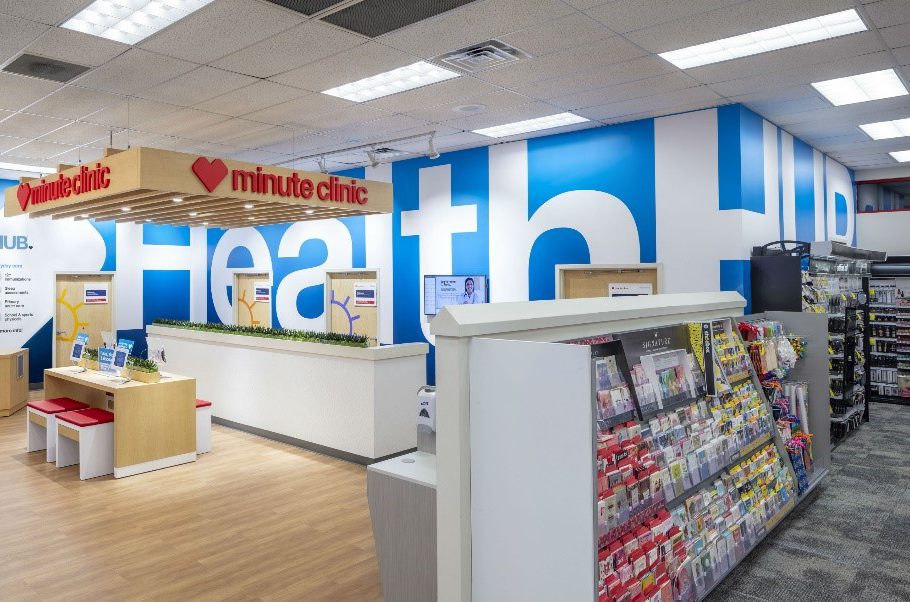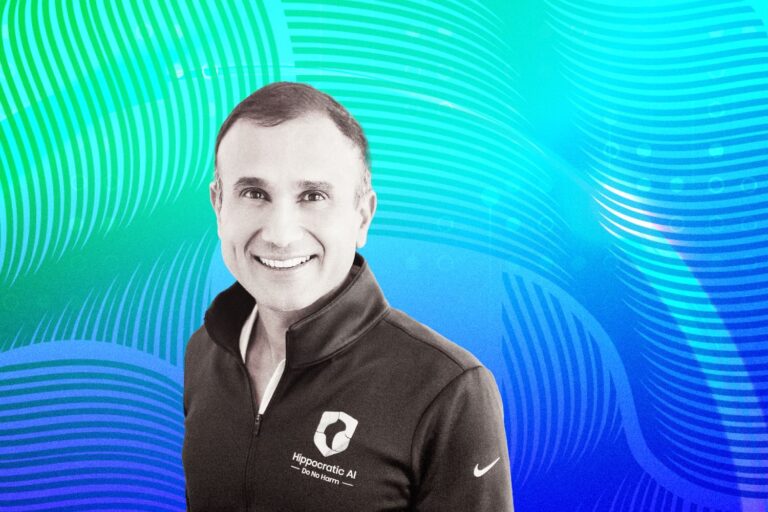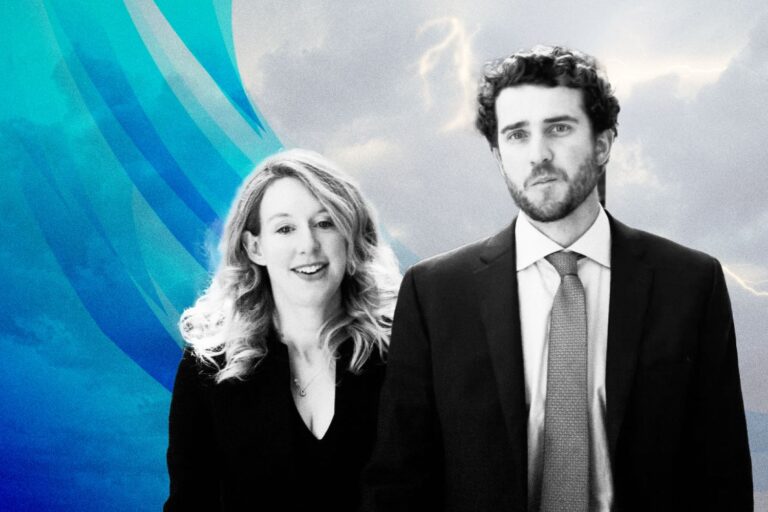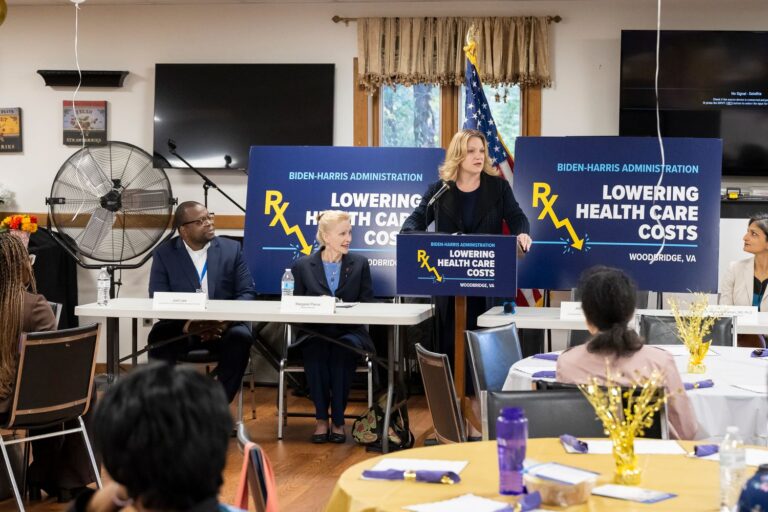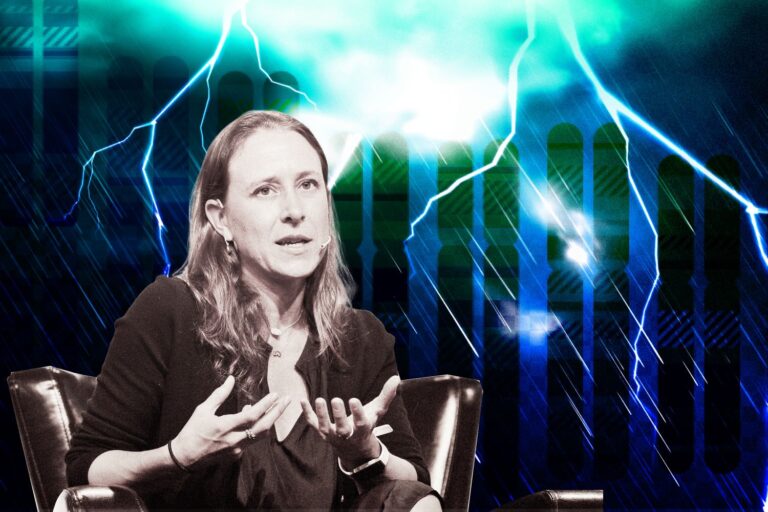CVS’s Successful Story and Their Ways to Stay on Top of American Healthcare Sector
Wherever you are living, whether it’s an urban or rural area, you will probably recognize the corporation CVS (consumer value store), because this brand is everywhere available if you need help with any health problems.
What is CVS? How big it is and what segments do it specialize in?
This corporation is the largest drugstore chain in the US in terms of the number of stores and descriptions filled. Through 27 states of the US, CVS owns more than 4,100 stores, which name either CVS or CVS/pharmacy, sizing about 8,000 to 12,000 square feet, although some of the new building can size up to approximately 10,000 or 12,0000 square feet including the drive-thru pharmacy.
Regarding its segment, there are several specializations that corporation focuses on, naming Pharmacy Services, Retail or Long-Term Care, Health Care Benefits, and Corporate. CVS/Pharmacy works similarly like Amazon, it provides not only prescription drugs but also a wide range of general merchandise products. They include over-the-counter drugs, greeting cards, film and photo finishing services, beauty products and cosmetics, seasonal merchandise, and convenience foods, anything you look for in a retailing store.
In this digital world, any retailing stores are vulnerable to other strong major retailing competitors like Amazon, but not with CVS, it was born not to survive but to grow bigger. In May 2018, it made a big move, that it decided to acquire Aetna Inc., an American health insurance company. With the acquisition, the company gained more profit, particularly, in August in the same year, CVS’s report showed the increase in the net revenues of the second-quarter earnings ($46,7 billion): 2,2% growing compared to the last quarter of the last year.
The History of This Successful Brand
About the history of this brand, people will be surprised as the mother company of CVS has no relation to drugs. Its former corporation is called Melville, which was popular for selling discount footwear. During the late 20th century, the corporation started purchasing more than 12 retailing operations, among these was the CVS, retail drug chain. Later, in 1997, Melville divested all its non-drugstore chains in order to specialize only in CVS and at that time, the company also rebranded itself to CVS corporation that we know today.
CVS-the initiative healthcare corporation to stop selling tobaccos and cigarettes
When mentioning CVS, people might think of a place where they can buy toothpaste, band-aid, or lipsticks, yet, it is the most successful operator of health clinics, prescription drugs, and ranks as the second-biggest pharmacy benefits manager. What makes CVS differentiate itself from other drugstore chain companies is that it knows to focus not only in retail but in other areas of healthcare.
The most triggering event that should be mentioned is that it became the first major pharmacy chain to stop selling tobacco and cigarettes in 2014. Although this business generated a huge revenue each year around $2 billion, the corporation took the initiative to stop selling the drugs causing cancer to humans.
Its abandonment on tobacco somehow opened a new path in which it could partner up with other health care providers and confidently represent to the public as a fully health-care drug. Additionally, the good news for CVS is that people are now caring for their health which leads to the fact that the smoking rates are declining and cigarette sales have fallen heavily, the profits no longer lie with Big Tobacco, but in healthcare, and wellness.
Larry Merlo-the chief executive of CVS said proudly about the wide range of health services that CVS can offer that: if a patient needs help with diagnosing and treatment, he can come to MinuteClinics, plus, its pharmacies are everywhere, they distribute medicine for more than 2 million prescriptions daily, they also negotiate the price and help 65 million people to plan the drug coverage under their insurance plans.
Acquisitions-the way that helped CVS to become the biggest healthcare corporation
A question might pop up that how did a drugstore chain become so successful in any area of health service?
This success story began in 2004 when CVS started their first move to shift towards healthcare. In that year, CVS purchased Eckerd Stores and Eckerd Health Services, which gave it a base to provide drug benefits to employees of big corporations and government agencies. Two years later, it acquired MinuteClinics which is now a division of CVS. This was a pioneering health-clinic chain that offered treatment for routine illnesses, basic screenings, and vaccinations. CVS also invested in expanding this profitable specialty, in which it provides the expensive drugs and treatment towards the complicated or rare diseases such as cancer or HIV.
Then in 2007, CVS signed a deal to merge with Caremark which was worth $21 billion, this combination later created the country’s leading pharmacy-benefits manager. Later, Coram-a business that sends technicians to patients’ homes to administer pharmaceuticals through needles and catheters, was purchased by CVS. The acquisitions did not stop there, Omnicare and Target’s pharmacy were obtained by this corporation with the price of $12.7 billion and $1,9 billion respectively.
This merging and combining different companies supported CVS strategy, which aims to become a one-stop-shop for health care, making it the country’s biggest health-care company, bigger than the drugmakers and wholesalers, and bigger than the insurers.
Secret Winning Plans Called “8 P’s” of the CVS
To become the biggest drugstore chain and trustworthy healthcare services, CVS must have implemented a number of strategies. One of the most popular plans that was shared by the CEO, Larry Merlo is called 8 P’s. It focuses on 8 areas of the business which are: purpose and promise, people, product, price, promotion, and performance. Any businesses, especially entrepreneurship start-ups should take a glance at this strategy to see how it has driven the success of this massive drugstore chain

Purpose and promise
The employees at CVS need to know that their work matters to human lives and they are creating impact. Their purpose is transparent which is to help people to achieve their best health. The brand promises to bring the best health care which is local, simple, and helpful.
People
The key success of any successful business is its people, and CVS is not an exception. CVS invests their time in creating the best environment for their employees to work in. Some of the services can be listed: offering cash bonuses for the employees across the board, providing salary even if the employees get ill. CVS knows that its success depends on the people. when the employees are proud of their work, they will be able to deliver the best local, personal, personalized service for the customers.
Product/Service
Products are the true evidence of a successful business. CVS is going beyond selling drugs and filling prescriptions. They expand their services to telemedicine, scaling up virus testing. They also fill prescriptions earlier for the patients with persistent health problems so that they will not experience any disruptions and receive the best service.
Place
The place is what the consumers remember of the brand. And CVS is successful in designing a store where people enter, they think of the brand or when they visit the website, they know that it is CVS. To make healthcare service easier and more convenient, CVS is remodeling itself into HealthHubs, in which the customers can experience the best service including wellness products, trusted advice, and personalized care.
Price
Price is one determinant of a successful brand. Although the marketing departments introduce the price, it’s the customers that decide the final price. Acknowledging this, CVS brings the best service at a reasonable price, that whatever the consumers pay for, it is worth their money.
Promotion
To CVS, promotion means to elevate. Promotion does not solely mean to focus on discounts and deals, because CVS knows that discount price only shifts deal loyalty, not brand loyalty. The best promotion is distributed by the employees, these proud employees can promote the brand by positively enhancing the communication channels. They are the key intermediate people who can connect the brand with other external and internal stakeholders. Thus, one of the secret plans to promote the brand of CVS is to increase the employees’ satisfaction and pride so that they can bring to the customers the expected service of the brand.
Performance
Some companies have the result-oriented culture, in which they evaluate the performance through the result. This works in an intense environment, that the employees are competitive and result-driven. Yet CVS’s culture emphasizes on corporate citizenship, in terms of support for the stakeholders. Through this strategy, the company can boost its image, as well as healthcare and pharmacy brand.
CVS Targets New Trends
The world is always changing, and health issue is unpredictable. For example, COVID was underestimated until killing numbers of people and leaving the economy destroyed. Thus, to prevent these and take a lead in the health sector, the health corporations and pharmacy services need to keep track of the trends. CVS is on its way to target some of the new trends that could be listed below.
1: Advances in Kidney care
Chronic kidney disease is considered as the most challenging problems faced by the Americans, it is said that one in seven adults is experiencing this form of the disease. To reduce the severe situation, CVS founded Kidney care in 2018 with the view to adding some main elements such as CKD identification, patient engagement, and patient education about how to reduce the disease development.
2: Defeating the loneliness
Loneliness is having an impactful consequence on the Americans. A recent study showed that one out of three adults at the age of 45 or above believes that he is lonely. CVS Health’s Path to Better Health Study reported that 48% of millennials see the socializing and going out as unnecessary. However, this loneliness causes a number of problems such as depression, impaired cognitive performance, progressive dementia, compromised immune systems, cardiovascular disease, and hypertension. In the year 2019, CVS Health, the CVS Health Foundation, and the Aetna Foundation founded Building Healthier Communities, which aims to solve the problem loneliness including promoting the local neighborhood, affordable transportation, and new walkable destinations.
3: Closing community health gap

The wealthiest 1% of Americans can live 10 years longer than the others on average. Many poor or average families are struggling to find the care they need. The lack of health care leads to serious chronic and complicated diseases. In order to tackle this, CVS launches a campaign called Project Health. This event is annually held with the aim of delivering free screenings for underserved communities. This campaign started 13 years ago and delivered more than $127 million in free health care services to 1.6 million Americans.
4: Enhancing drug cost transparency
The price of the prescription drugs in healthcare is increasing which creates hot discussions around this topic. CVS is trying to help and support the patients to have more information about their expenses on medical prescriptions. A program called Real-Time Benefits was then launched by CVS Caremark, the pharmacy benefit management subsidiary of CVS Health, its purpose is to provide the transparency about drug costs.
5: Monitoring the self-care market
The US’s economy is rising which implies that more Americans can afford themselves to purchase healthy goods such as fitness and nutrition, and dietary supplements. Knowing the importance of healthy, safe, and effective dietary supplements. Thus, to let the consumers trust and purchase the products, a program which is called Tested to be trusted was launched by CVS. This is the first- in-the-industry initiative that requires supplements sold by the company in stores and online to test their quality through a third party, either with U.S. Pharmacopeia, National Safety Foundation, or another independent third-party testing company approved by CVS.

